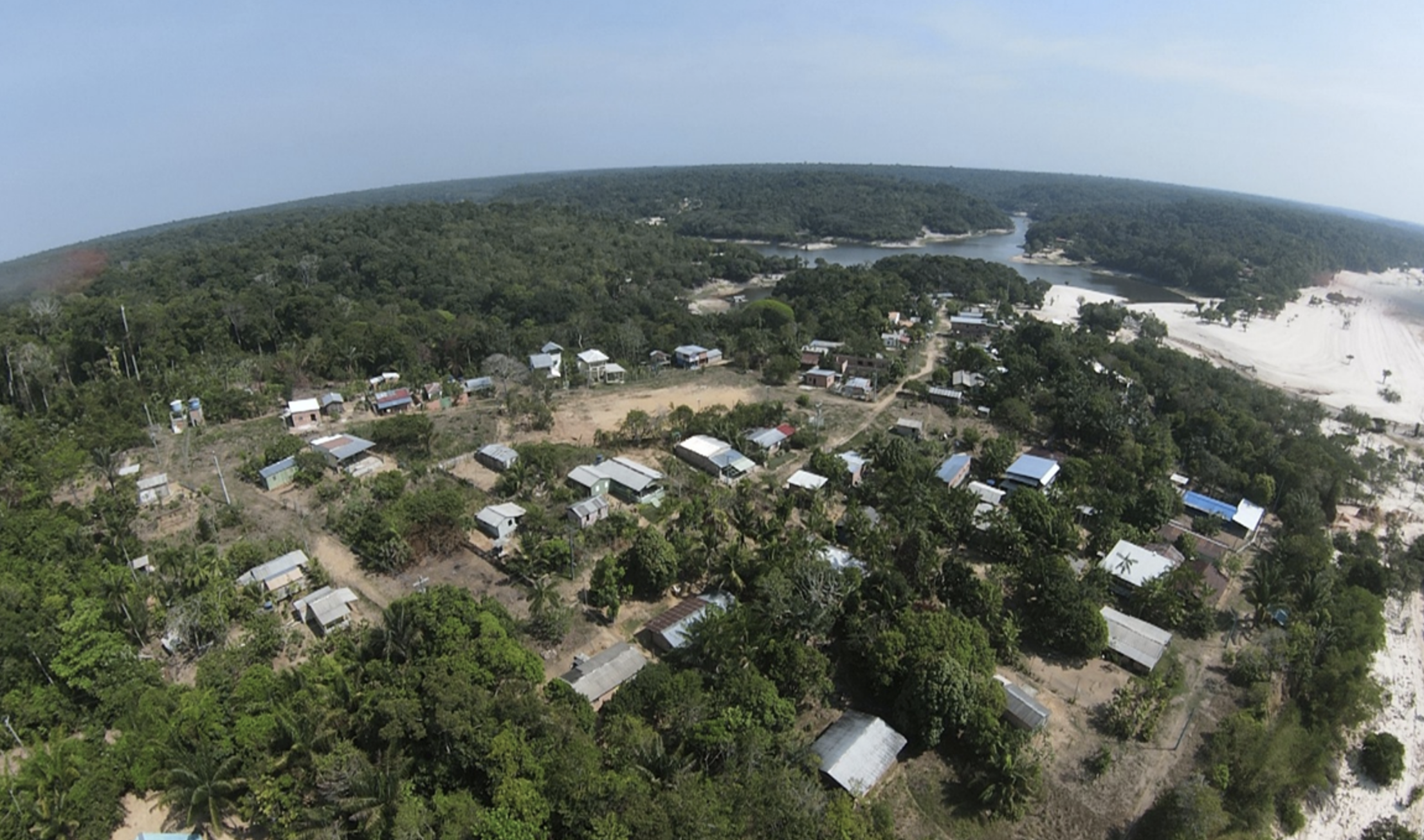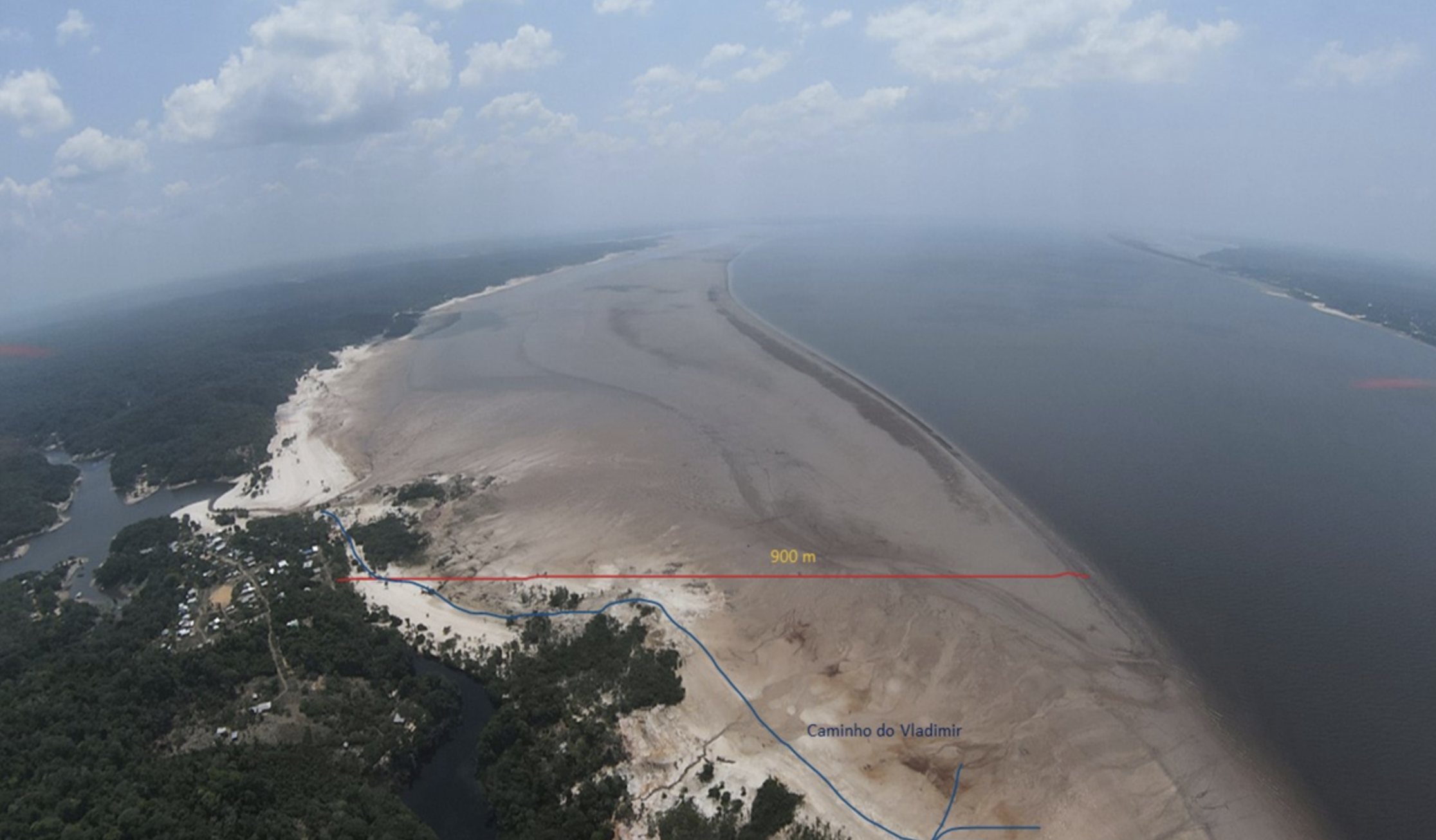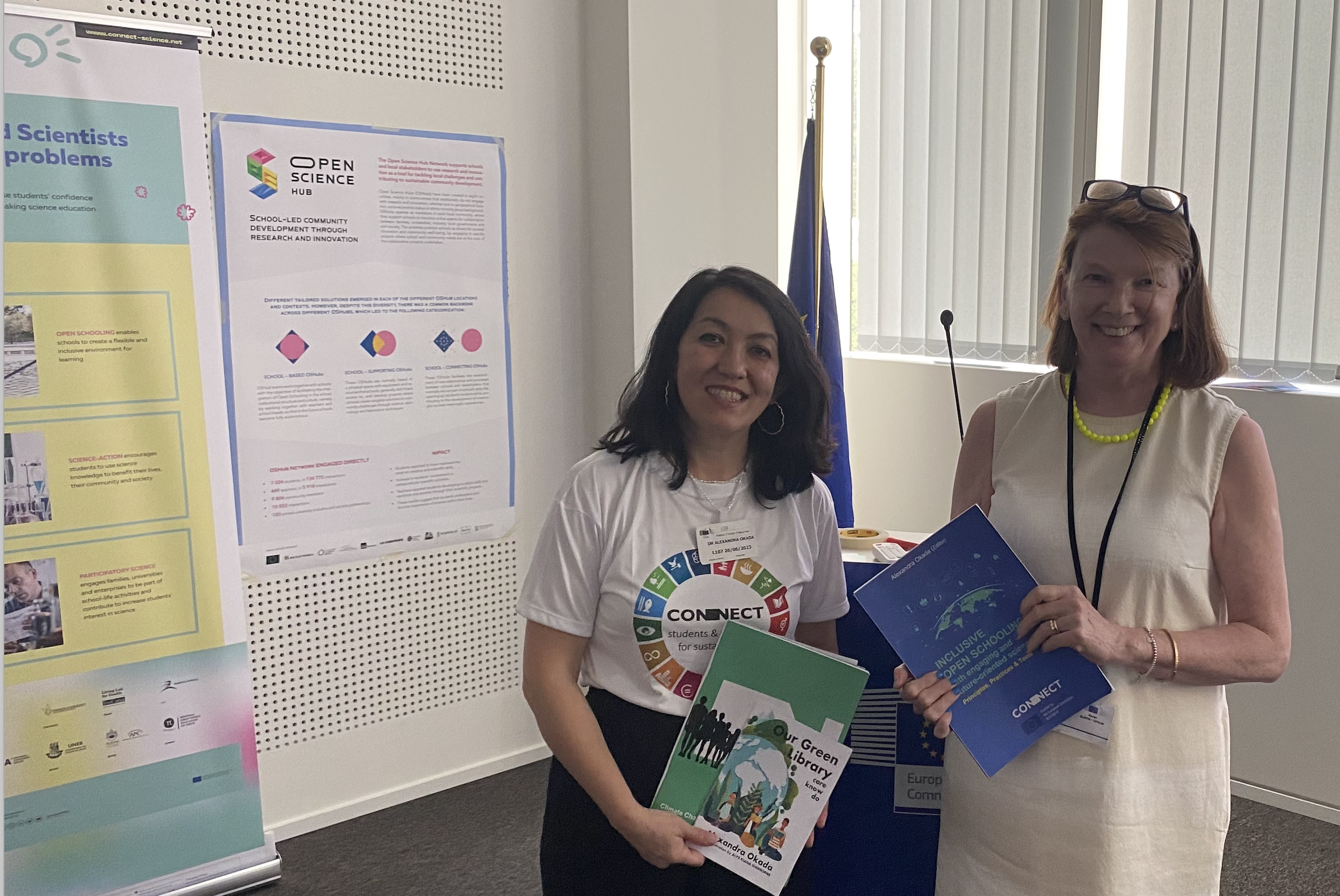News . Our Blog Community Empowerment with open schooling in Amazon

The CONNECT project presents a collection of studies “PhotoEtnography Action-Research” about Open Schooling.
Photographic ethnography is a method that uses photographs to document, explore, and analyze cultural practices, social interactions, and environments. It often involves the active participation of the subjects, capturing their experiences or perspectives through images. This approach can provide rich and contextualized data that complement traditional ethnographic methods, such as interviews and field notes.
Action Research: Action research is a participatory research methodology that aims to generate practical knowledge and solutions to problems while promoting change in real-world settings. It emphasizes collaboration between researchers and participants to address issues of interest in communities or institutions, with an iterative cycle of planning, action, observation, and reflection.
Photographic Ethnographic Action Research: This hybrid approach would involve participants not only documenting their environments or social realities through photographs but also using these visual artifacts to co-create knowledge, reflect on their experiences, and collaboratively identify actions to address specific challenges. Researchers and participants would engage in iterative cycles of discussion, action, and reflection, guided by the visual data collected and mapped.
This method is valuable in community-based research, educational settings, or projects focused on social or environmental justice, where participants can use photography to highlight issues, share insights, and propose solutions, fostering both awareness and action
the eBook Open Schooling in the Amazon for Community empowerment: A Case Study in the TUPÉ Sustainable Development Reserve was coauthored by the Amazonian community members.
“This eBook offers a powerful portrait of a community deeply connected to its environment implementing the CARE-KNOW DO pedagogy to drive research and innovation. Through this approach learners address real-life challenges and generate knowledge that is both relevant and transformative, able to [re]frame our understanding of vital issues” .
The photoetnography action-research study led by Dr Okada was approved by the OU UK and UFAM BR Ethics Committees, in addition a Local Ethics Committee in Tupe was formed and approved it too.
There are three key recommendations shared in the ebook:
1. to integrate environmental education,
2. to advance open schooling responsivelly “projects about Amazon with Amazonians”, and
3.to ensure equitable access to knowledge—are the pillars of positive change.
Following the Ethical principle, the ebook will be launched in Amazon with Amazonians.
Meanwhile various disseminations has been occured informally in meetings by the coauthors. collaborators and supporting organisations.
Authorship Team: Alexandra Okada (org.) –Alberto Okada – Riulma Muller – Rossana Moura – Thais Castro Luciana Ferreira – Eila Oliveira – Giseli Vaz – Regina Benaian Silvana Castro – Jaqueline Almeida – Tayanne Rodrigues.
Collaborators: Lorrayne Simplicio de Andrade, Amazonas, Guiomar Pereira Labate, São Paulo, Silvanei da Silva, Brasília, Marina Silva Viana, Brasília, Cleiciane de Souza Santos, Amazonas, Cleston de S. Gandro, Amazonas, Harno Riolando Silva Nobre, Amazonas, Ivete Baranovski, Amazonas, Franciany Eduarda, Amazonas, Maria Antônia Silva, Amazonas, Maria Raimundo, Amazonas, Paula Vanessa Santos Pereira, Amazonas
This book is supported by CONNECT network and disseminating organisations:
The Open University UK – Publishers
UFAM – Universidade Federal do Amazonas
IRAMA – REDDA+ Instituto Ribeirinhos da Amazônia
UNAMA – Universidade do Amazonas
IBICT – Instituto de Informação em Ciência e Tecnologia
IHSF – Instituto Humanos sem Fronteiras
The activities of dissemination were various
1.UNESCO MEETING BRAZIL (Brasilia) – 11/AGO/2023
CoAuthors disseminating: Alberto Okada, Riulma Muller, Rossana Moura, Ale Okada.
2.United Nations – Climate Change Meeting (New York) – 20 SET/2023
Coauthors disseminating: Rossana Moura, Ale Okada
3.Reunião da Associação Nacional de Pós-Graduação e Pesquisa em Educação UFAM (Manaus) – 27/OCT/ 2023
Coauthors disseminating: Riulma Muller, Thais Castro Luciana Ferreira
4.Reunião no sindicato dos bancários IHSF (Brasilia) – 05/DEZ/2023;
Coauthors disseminating: Alberto Okada, Tayanne Rodrigues
The eBook delves into the importance of conserving the Amazon rainforest, emphasizing the interconnectedness of our world and the need for collective responsibility. It highlights the role of schools in educating students about the Amazon’s significance and the environmental challenges it faces. The eBook explores the Tupé Sustainable Development Reserve, portraying it as a living laboratory for open schooling, where students engage with real-world issues like climate change.
It showcases the challenges faced by the Tupé community and the collaborative mitigation strategies developed. The eBook presents open schooling as a pathway to community transformation, offering recommendations for environmental education, open schooling advancement, and equitable knowledge access. Overall, the eBook is a call to protect the Amazon and a roadmap for a better future.

The Amazon region is facing its most severe drought. In October 2023, one of the world’s largest rivers, the Rio Negro, reached a record low, marking the lowest level (13.59 meters) since measurements began in 1902. This unprecedented drought has left hundreds of boats stranded on the river’s sandbanks, impacting over 50 municipalities near the city of Manaus, which have been declared in a state of emergency.
These distressing images vividly portray the challenges posed by this environmental crisis, exacerbated by climate change.
DOWNLOAD – English: https://oro.open.ac.uk/93143

A copy of the book was given to UNESCO Brazil and Europan Commission in Brussels, Belgium.